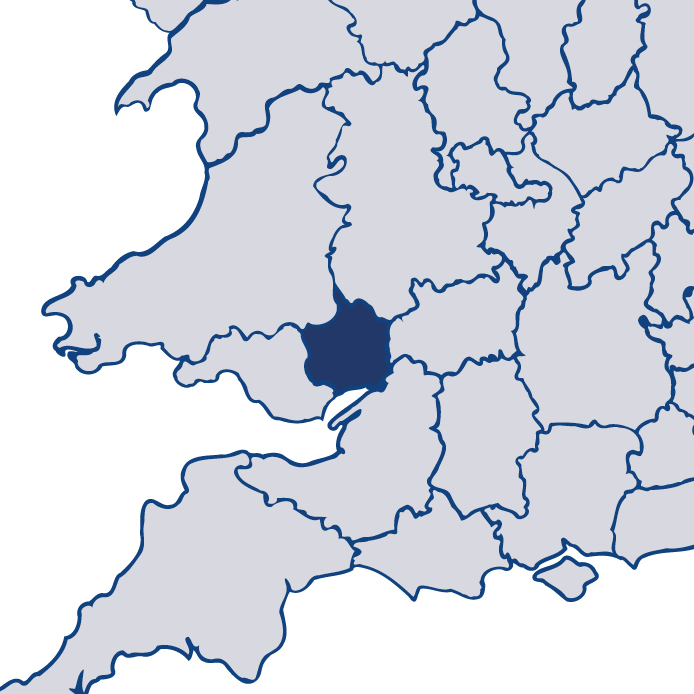Gwent 2017
Read more about GwentThis is HMICFRS’ fourth PEEL (police effectiveness, efficiency and legitimacy) assessment of Gwent Police. PEEL is designed to give the public information about how their local police force is performing in several important areas, in a way that is comparable both across England and Wales, and year on year. The assessment is updated throughout the year with our inspection findings and reports.
The extent to which the force is effective at keeping people safe and reducing crime is requires improvement.
The extent to which the force is efficient at keeping people safe and reducing crime is good.
The extent to which the force is legitimate at keeping people safe and reducing crime is good.
HMI's observations
Read my assessment of Gwent Police below.
I am satisfied with most aspects of Gwent Police’s performance in keeping people safe and reducing crime, but the force needs to make improvements in some areas to provide a consistently good service.
The force is good at identifying people who are vulnerable, but it needs to improve its approach to protecting victims of domestic abuse, and to serious and organised crime.
The force has maintained a good understanding of demand, but it needs to do more to develop sustainable financial plans to achieve future savings.
Overall Gwent Police needs to improve to regain the level of service it was providing previously, but I am confident the force will be able to do this and perform better in future.
Effectiveness
How effective is the force at keeping people safe and reducing crime?
Efficiency
How efficient is the force at keeping people safe and reducing crime?
Legitimacy
How legitimate is the force at keeping people safe and reducing crime?
Other inspections
How well has the force performed in our other inspections?
In addition to the three core PEEL pillars, HMICFRS carries out inspections of a wide range of policing activity throughout the year. Some of these are conducted alongside the PEEL inspections; others are joint inspections.
Findings from these inspections are published separately to the main PEEL reports, but are taken into account when producing the rounded assessment of each force's performance.






